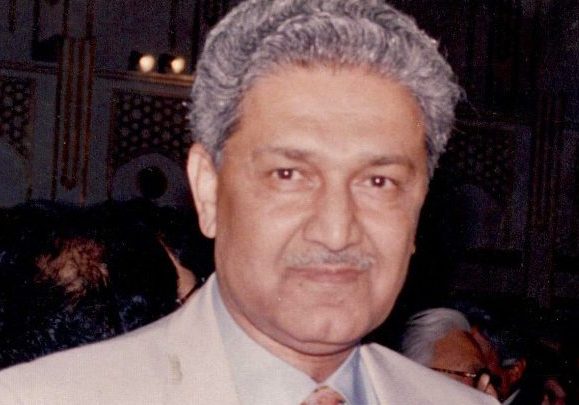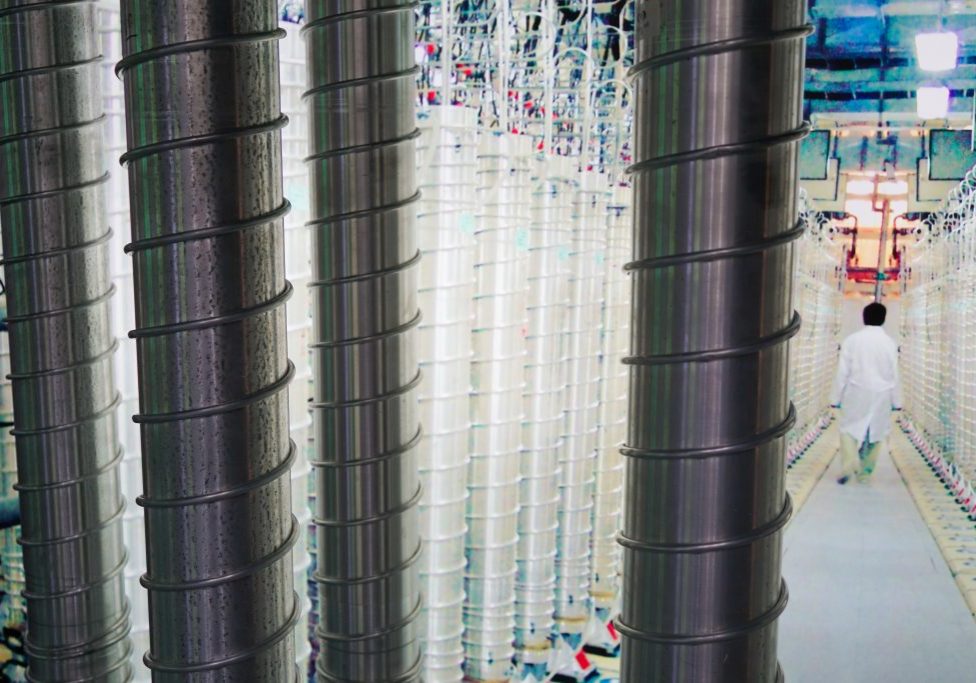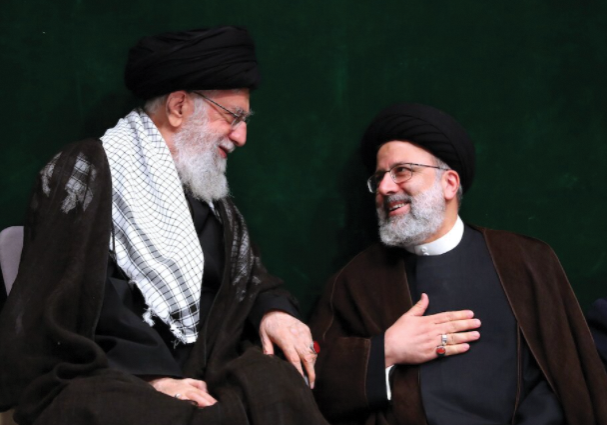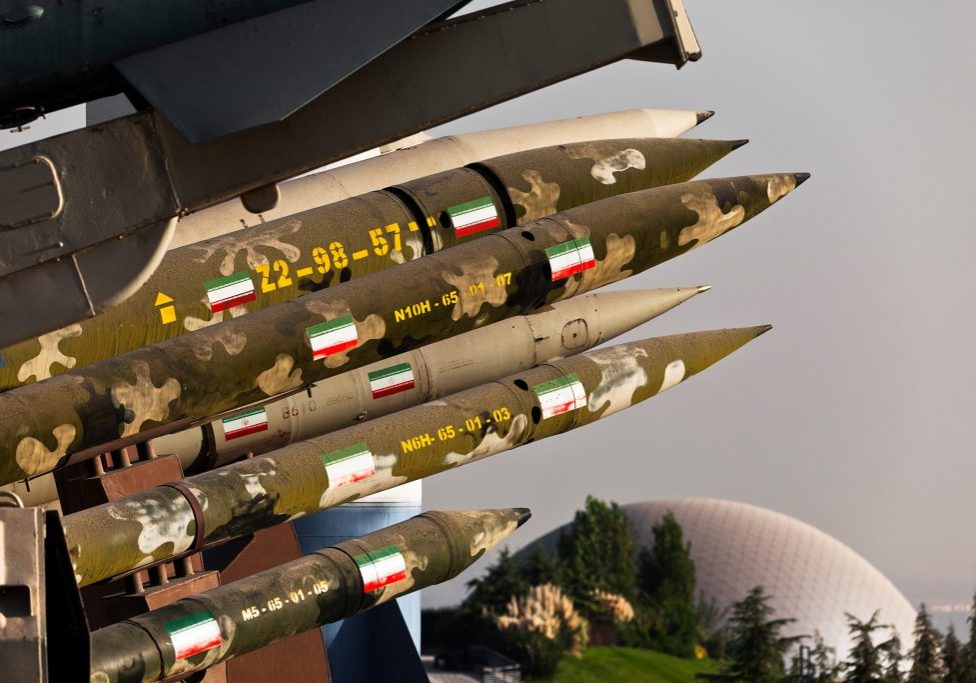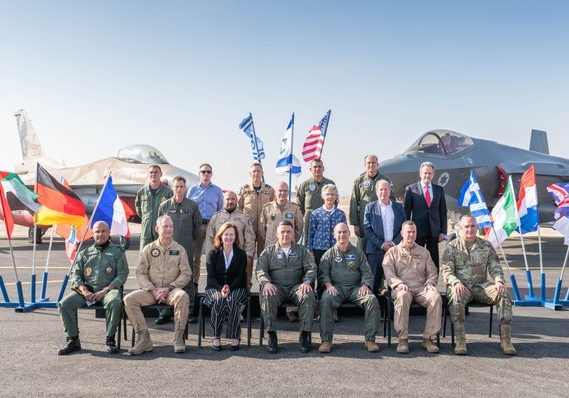Australia/Israel Review
Editorial: Listen to the Iranian People
Oct 27, 2009 | Colin Rubenstein
Colin Rubenstein
There is a long standing debate over how best to handle Iran’s nuclear weapons program. Where do the Iranian people fit in?
Should regime change be a goal of Western foreign policy? Alternatively, can the West mobilise Iran’s restive internal minorities and politically unhappy majority as a means of increasing leverage on the unpopular regime to compromise on its nuclear weapons program? Or will any such initiatives merely harden Iran’s negotiating position, increase regime paranoia and allow the Iranian authorities to portray all dissenters as “agents of the great Satan”?
This debate has become particularly acute following the mass protests and harsh crackdown which erupted after the rigged re-election of Iranian President Mahmoud Ahmadinejad in June. This appeared to create a moral imperative to support the courageous dissidents and protestors in the face of the massive, violent repression by the authorities, as well as make the prospects of regime change in Iran more realistic. Nonetheless, some argued that any outside support would only harm the dissident cause and complicate nuclear negotiations.
To shed light on this debate, it is obviously worth listening to Iran’s opposition leaders themselves. And what they are saying is unequivocal – they want political support for their cause and especially for their human rights.
Shirin Ebadi, Nobel Peace Prize Laureate from 2003 and Iran’s top human rights lawyer, had this to say about these issues in an Oct. 15 interview with the Washington Post:
[Iran’s President Mahmoud Ahmadinejad] is at the lowest level of popularity one can imagine… If the West focuses exclusively on the nuclear issue, Ahmadinejad can tell his people that the West is against Iran’s national interest and rally people to his cause. But if the West presses also on its human rights record, he will find himself in a position where his popular base is getting weaker and weaker by the day.”
Pointedly, she went on to ask US President Barack Obama to say “again and again” that the voice of the Iranian people must be heard. On other occasions, Ebadi has urged states with diplomatic relations with Iran to downgrade them in protest over human rights.
Furthermore, she told the Post that the nature of the Iranian regime is much more crucial than any nuclear agreement, stating, even if the “government actually promised to stop its nuclear program tomorrow… Would you trust this government not to start another secret nuclear program somewhere else?” And she maintained that a democratic Iranian government would be unlikely to build nuclear weapons.
Ms. Ebadi’s is a very distinguished voice, but is decidedly not a voice in the wilderness. According to leading Iran scholar Abbas Milani of Stanford University, other key figures in the opposition movement put out similar messages in late September. He paraphrases Mohsen Makhmalbaff, a spokesperson for the main opposition Green Movement, as saying that “Iranian democrats do not want a nuclear bomb, they understand the international community’s anxieties about the current regime’s nuclear program, and indeed share those same anxieties.” More importantly, Milani identified very similar statements by two major public leaders of the opposition – Mehdi Karubi and Mir-Hossein Moussavi.
It has always been clear that evolutionary or revolutionary changes in the Iranian regime to make it less threatening would be the best of all possible outcomes of the standoff over Iran’s illegal nuclear program. The rub was always whether the West had any realistic strategy available to encourage this outcome, or whether such efforts could only make matters worse. In particular, it was frequently argued that any efforts to pressure the regime – and certainly to encourage regime change – would unite Iranians behind their government’s hardline stance and put paid to any hopes of nuclear concessions. Moreover, it is also often asserted as a given that there is a “national consensus” in Iran to seek nuclear weapons.
We now have very strong reasons to believe that both these contentions are wrong. The opposition in Iran, which likely represents at least a plurality of the population, say they do not want nuclear weapons, especially under the current regime. Moreover, rather than rejecting outside pressure on the regime over human rights as counterproductive, they are positively calling for it.
As the AIR has stressed many times previously, there is a very great deal at stake in the Iranian nuclear standoff – not only in terms of the profound regional destablisation a nuclear Iran would cause, but also in terms of the constructive evolution of Middle Eastern societies, the viability of the nuclear non-proliferation treaty, the encouragement of international Islamist terrorism, and the prospects of Israeli-Palestinian peace.
The words of Ebadi, Mehdi Karubi and Mir-Hossein Moussavi with respect to Iran’s nuclear program open up a prospect that we can hope for more than simply preventing disastrous outcomes across all of these issues. If, indeed, Iran ceases to be the principal state sponsor of Middle East radicalism and terrorism, the likely effect will in fact be positive change across the region – including better prospects for democratisation, human rights and economic welfare, increasing delegitimisation of Islamist terrorism, and more conducive conditions for progress toward an Israeli-Palestinian two-state resolution, as Hamas and other radicals lose their principal sources of support.
It is, of course, questionable whether this outcome can be achieved. However, at the very least, political pressure on Teheran over human rights and its appalling treatment of its own people will give the Iranian regime an additional incentive to cease its currently highly successful strategy of using diplomacy simply as a means to run down the clock while pushing ahead with illegal uranium enrichment. Moreover, it is the right thing to do. Our consciences are telling us as much, and now the authentic representatives of the Iranian people are also reinforcing our better instincts.
Tags: International Security

